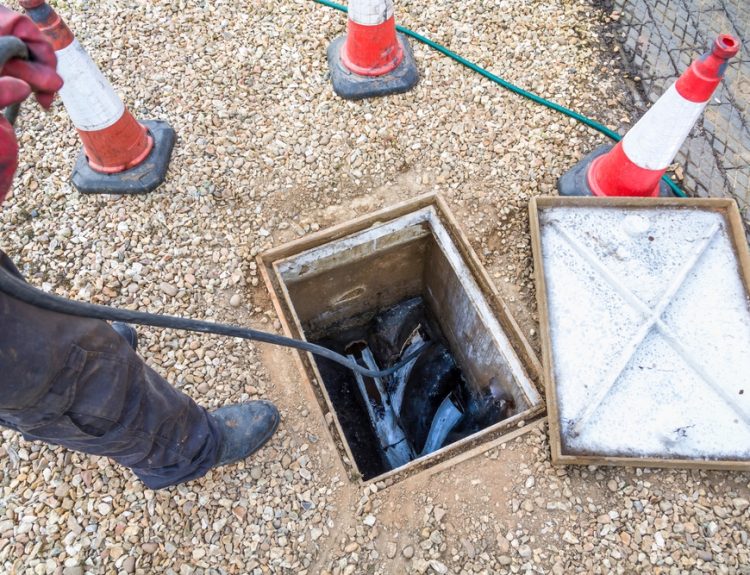2019 was the beginning of a new life for every inhabitant of the planet Earth. The Covid-19 pandemic has turned the lives of people in all spheres at once.
Despite the massive layoffs of people from their jobs and the economic decline, many people had the opportunity to find a way out of the situation.
One of the most popular ways to stay on the feet until the coronavirus disappears is an investment. Some investment platforms like JKR Investment Company could withstand the pandemic and even improved the financial situation of all their clients.
Well, the second way for the older generation to generate income in difficult economic situations is retirement savings. For these savings to work properly, people need to follow some strategies so that the amount of savings will increase in the near future.
Creating a plan
For the financial cushion to be guaranteed and even increase, people need to think about it in advance.
The best way would be to top up the retirement account monthly. The optimal amount will be 30% of monthly earnings. If possible, making deposits with a larger amount than last month is needed.
If there are any difficulties in regularly making equal replenishments, people need to draw up a monthly plan in which everyone can calculate the available amount of savings that they can afford.
For those who managed to adhere to this scheme in advance, the financial condition recovery from the coronavirus has become less painful. In addition to the opportunity to receive deferred funds, in connection with the coronavirus, emergency assistance and economic security were introduced, which guarantee a 10% reduction in tax payments.
Increasing of savings
Everyone can increase the amount of their savings. The best way to do this is by saving money.
The pandemic contributed to less financial spending because those who traveled several times a year due to the ban on flights managed to save a very large amount. And by putting it with percents in the bank, the amount of money can also be multiplied.
People can also save on unnecessary expenses: frequent trips to restaurants, visits to entertainment venues, and so on. After all, if to count all these expenses, a large amount comes out and can be postponed for the Retirement period. And if to add the function of adding interest to the accumulated funds, then stability in the future is guaranteed.
Thoughtful backup plan
A contingency plan can involve several supportive actions that will help everyone not run out of savings.
- Setting up non-withdrawal money transfers.
In order not to have the opportunity and temptation to avoid monthly contributions to the savings account, every bank has an automatic replenishment function. To do this, people need to contact either a bank employee or use the application. Clients also need to select the date and amount of regular deposit replenishment. If possible, before starting to use this scheme, the opening of the account in the bank, in the conditions of which it will be indicated that the client can withdraw money only after the account is closed is needed.
- Impulse purchases for the benefit of savings.
By making an optional or impulse purchase, people should transfer the same amount of money to a bank account. There is a double benefit here. First, a clear understanding comes that sometimes a person has no opportunity to meet a strictly planned budget, but in this situation, with rash purchases, the savings account will also be replenished. And secondly, before buying an unnecessary thing again, everyone will think, is it worth it? After all, there will be the necessity to pay as twice: for the purchase itself and transferring the same amount to the account.







